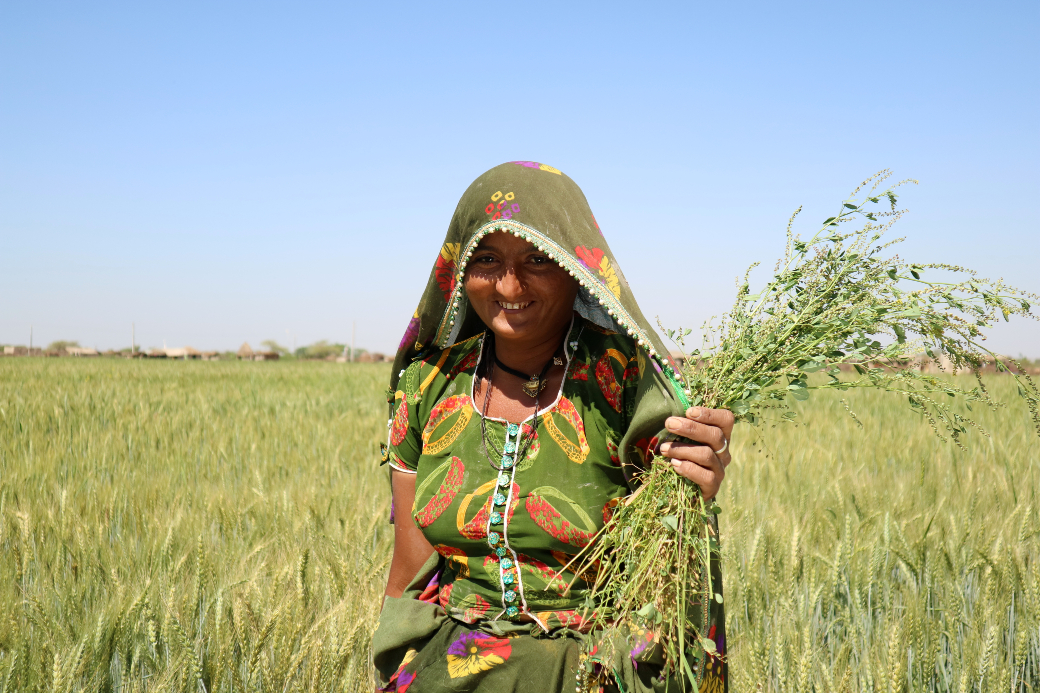In late August 2020, Pakistan was severely hit by monsoon rains and urban flooding. The calamity has caused over 400 victims, over 400 injuries and over 305,000 houses were totally or partially destroyed. While damages and casualties were registered in many areas of the country, the province of Sindh was the worst hit. In Sindh, 145 deaths and 96 injuries were reported along with 168,544 partially and 133,279 fully damaged houses.
2.5 million people were affected as floods destroyed the year’s main crops – in particular cotton, wheat and chili. Flood water inundated the affected areas for months, preventing farmers from planting for the next season and making their agricultural land for the whole year. Therefore, they lost their primary source of income and livelihood. In addition, water and sanitation infrastructures – including water pipe lines, hand-pumps, latrines – were damaged, preventing the communities from accessing to safe and clean drinking water. Moreover, the likelihood of spike in COVID-19 cases in the affected areas increased as maintaining social distancing and hand-washing with water and soap were not possible. Families were forced to live in cramped conditions in temporary settlements or damaged houses. Furthermore, access to clean drinking water and safe and hygienic toilets was not available.
Thanks to the support of ECHO – the Directorate-General for European Civil Protection and Humanitarian Aid Operations of the European Union, Cesvi has been working together with Alliance2015 partners ACTED and Concern Worldwide to meet the immediate life-saving needs of 20,349 beneficiaries (3,230 families) affected by the floods in three districts of Sindh, Pakistan.
Cesvi and its partners have supplied materials and tools to help beneficiaries rebuild their homes, making them more disaster resilient in case of future natural calamities; provided multi-purpose cash grants to enable beneficiaries to be more flexible in meeting their immediate needs and restore their livelihoods; distributed kits to promote good hygiene practices and reduce the spread of COVID-19 and other diseases; provided solar light and mobile phone charging packs to allow the beneficiaries to access nearby markets and health centres at night and to facilitate protection against insects.
Manali lives in the village of Main Ramzan Walhari, critically hit by the calamity. The flood caused severe damages to her home and having no other place to go to, she was forced to live with her six children in a partially destroyed house which could not ensure privacy nor protect her family. Manali is a widow and being the only breadwinner of the family. Even before the disaster she could not meet the financial needs and provide enough food to her children. As a result, she was forced to borrow money from a distant relative with mounting debt in order to survive. Because of the floods, she lost her livestock which was the only source of livelihood for the whole family.
With the help of Cesvi, which provided her with the cash grant, Manali could buy a goat. By selling goat milk, she can now meet the daily needs of her family and she managed to repay her debt. Moreover, Cesvi provided her with construction material to help her rebuild her home, which is now more resilient to disasters and now she and her children can live their lives with dignity and safety.
